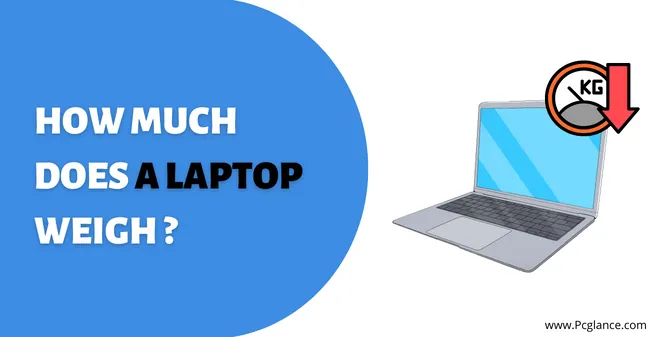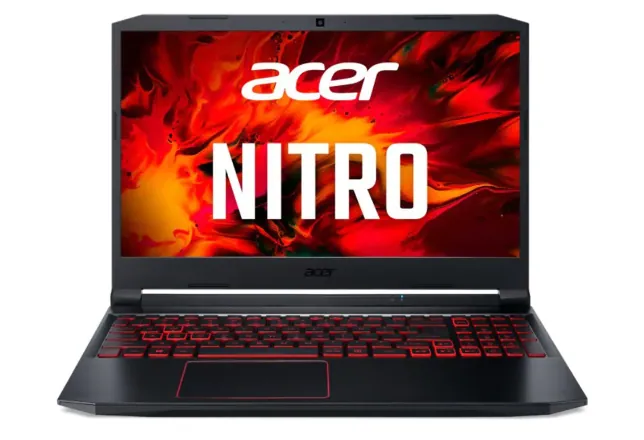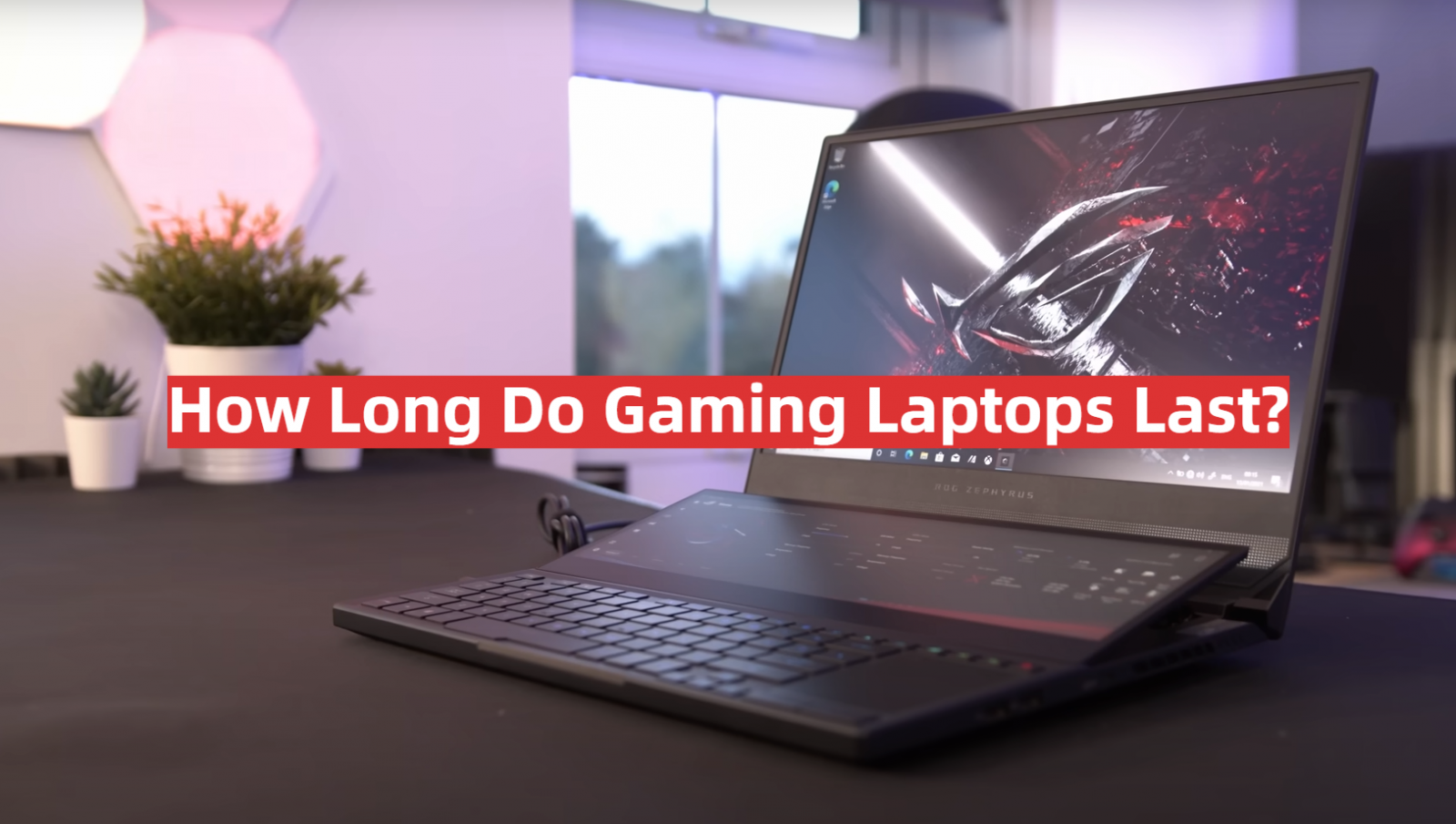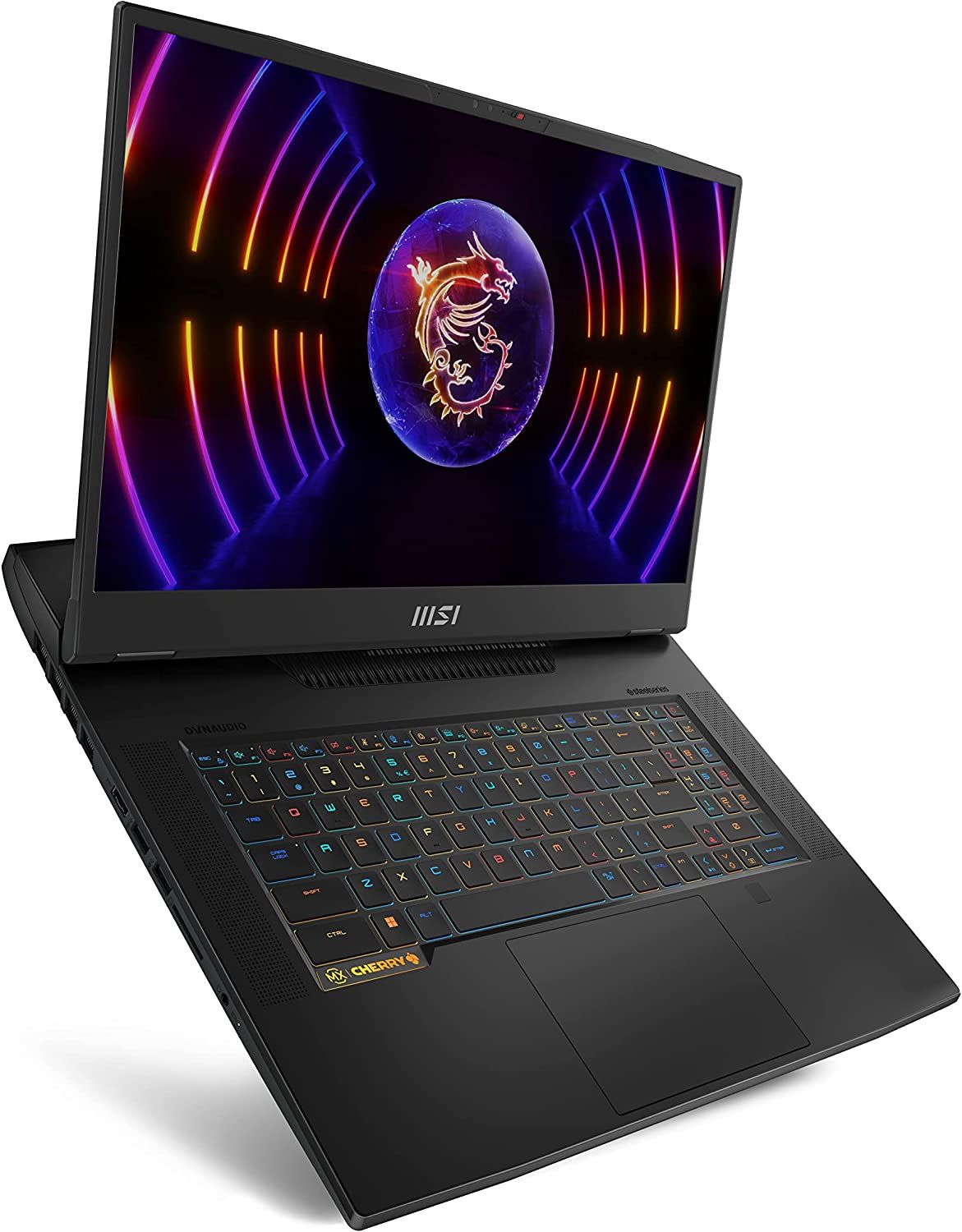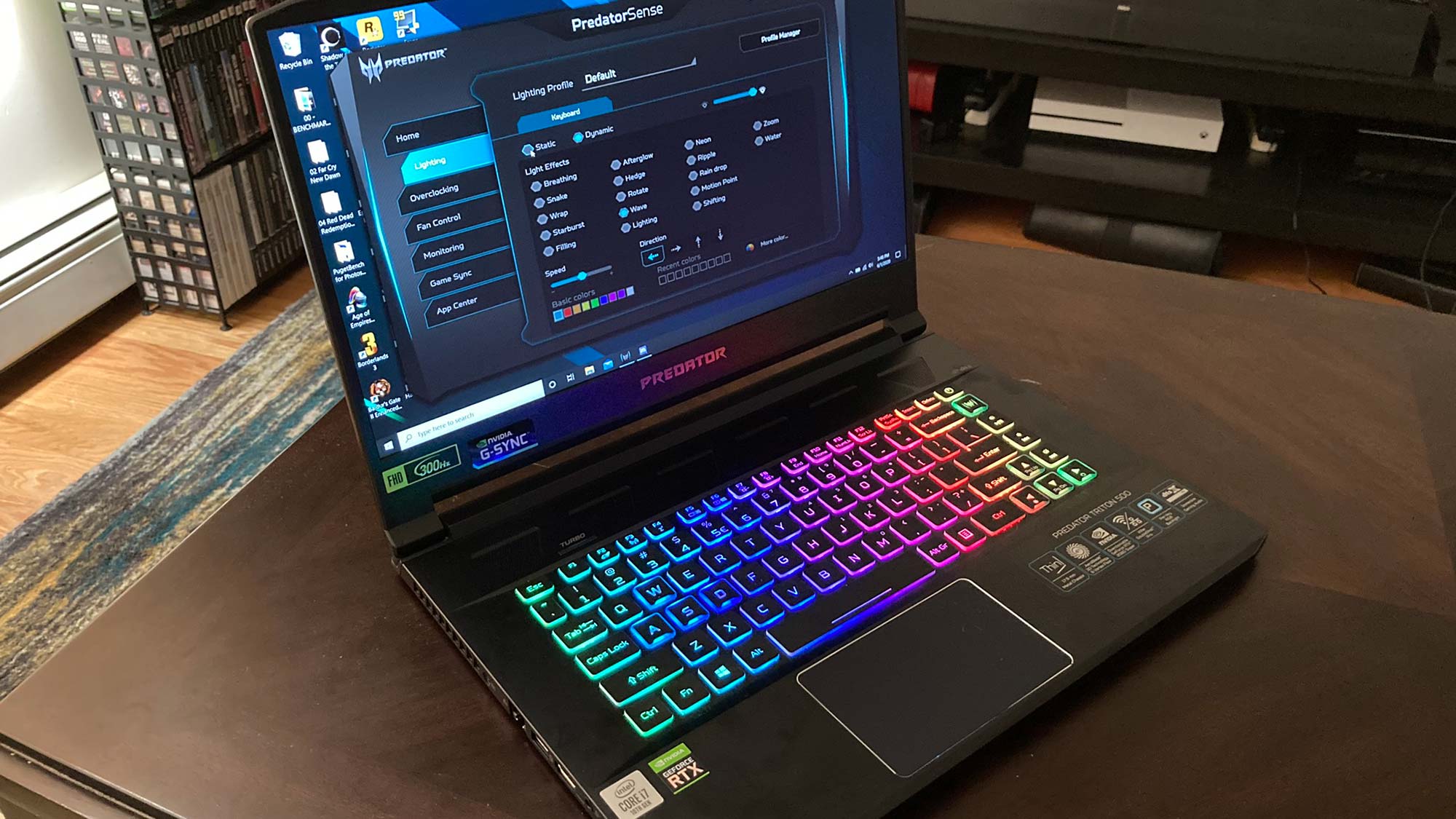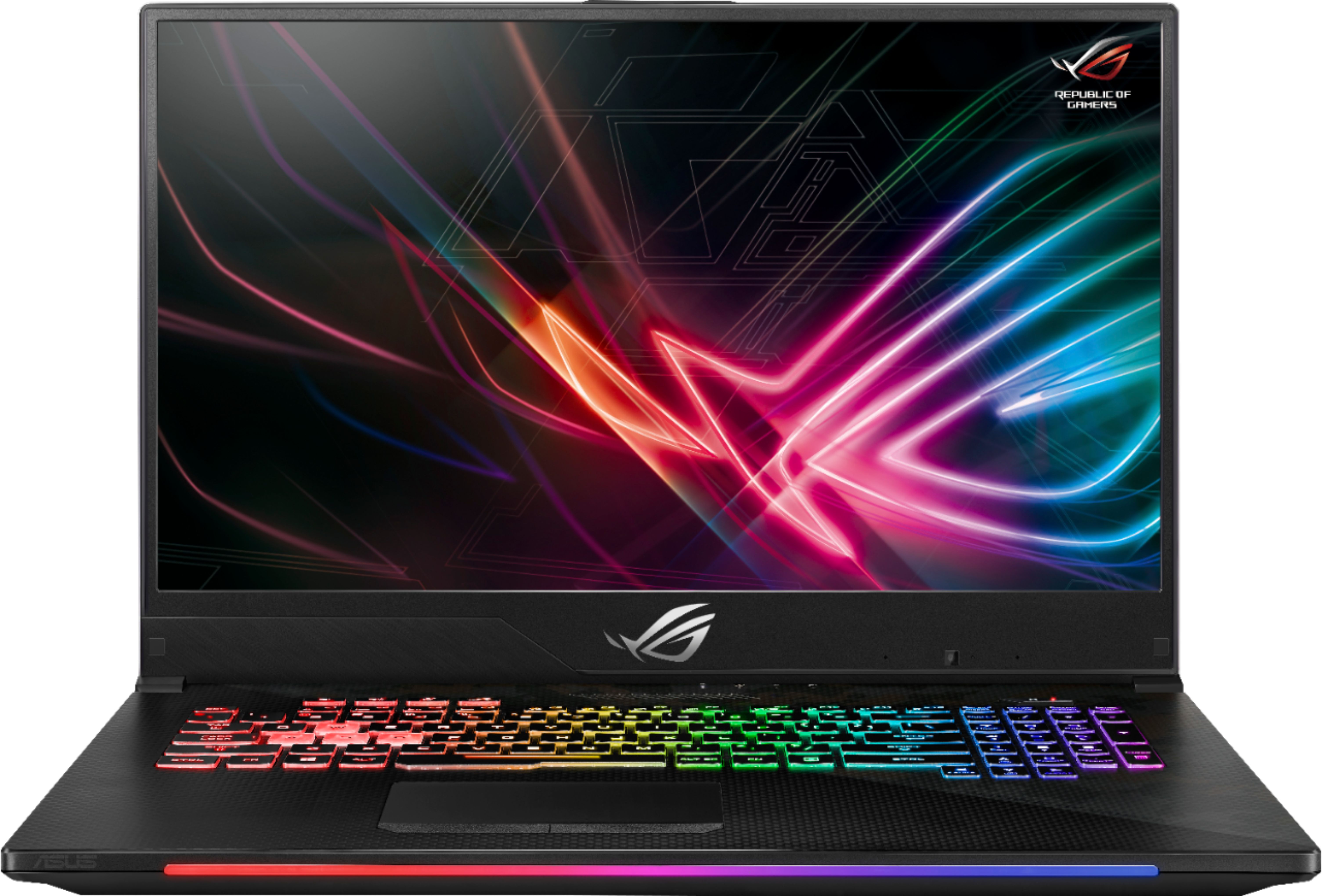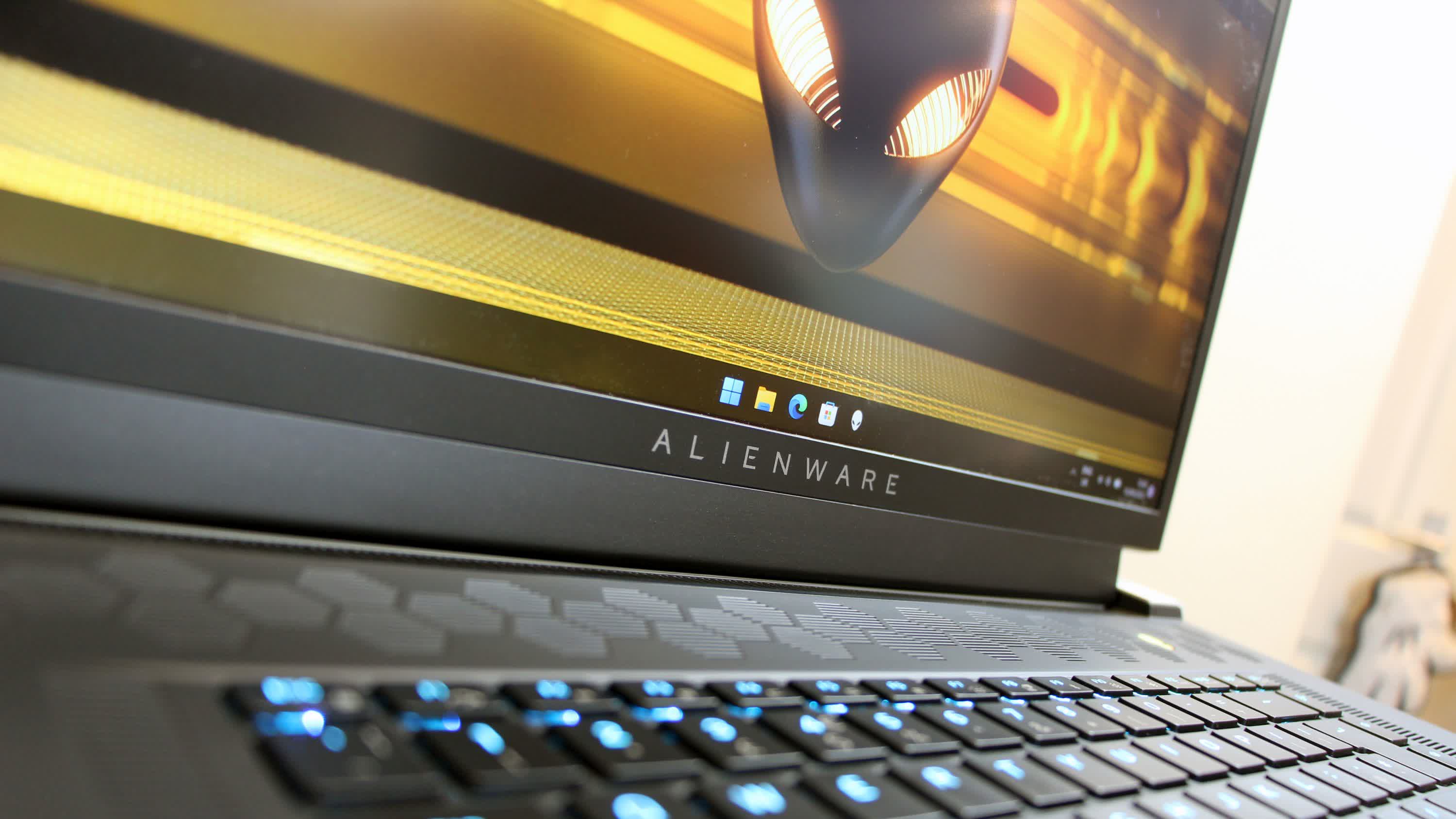How Much Does A Gaming Laptop Weigh
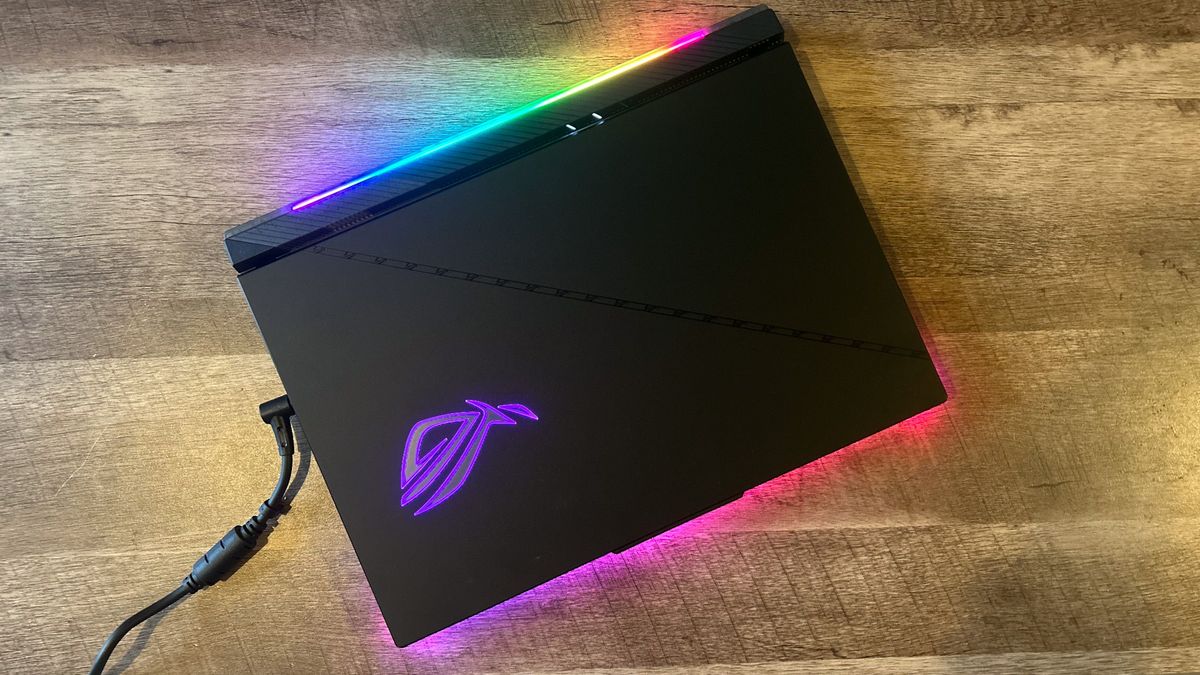
So, you're diving into the world of gaming laptops? Excellent choice! The portability of a laptop combined with the power to run the latest games is a tempting proposition. One of the first things you'll probably wonder about is: How much does a gaming laptop really weigh?
This article is for you – the first-time buyer, the curious gamer, the person tired of being tethered to a desktop. We'll break down the weight ranges, compare top models, and guide you toward finding the perfect balance of power and portability. Let's get started!
Why Weight Matters: More Than Just Back Pain
Weight isn't just about how much you can comfortably carry in your backpack. It's about the overall experience. A lighter laptop is easier to travel with, more convenient for on-the-go gaming sessions, and generally less of a burden.
Heavier laptops, on the other hand, often boast more robust cooling systems and higher-performance components. This usually translates to better sustained performance during intense gaming sessions. It’s a trade-off you need to consider carefully.
The Weight Spectrum: What's "Normal" for a Gaming Laptop?
Gaming laptops typically range from around 4 pounds to over 10 pounds. Ultraportable gaming laptops are creeping into the 4-5 pound range, prioritizing portability above all else. These machines often require compromises in performance or battery life.
Mid-range gaming laptops, a sweet spot for many, usually fall between 5 and 7 pounds. They strike a balance between power and portability. High-end behemoths, packed with the latest and greatest components, can easily tip the scales at 8 pounds or more.
Top 5 Gaming Laptops: A Weight Comparison
Here’s a comparison of some popular models, focusing on their weight, price, key specs, and warranty:
| Model | Weight (lbs) | Price (USD) | Key Specs | Warranty |
|---|---|---|---|---|
| Razer Blade 15 | 4.4 | $2,499 | Intel Core i7, RTX 3070 | 1 Year |
| ASUS ROG Zephyrus G14 | 3.6 | $1,599 | AMD Ryzen 9, RTX 3060 | 1 Year |
| Alienware m15 R7 | 5.34 | $1,999 | Intel Core i7, RTX 3070 Ti | 1 Year |
| MSI GE76 Raider | 6.39 | $2,799 | Intel Core i9, RTX 3080 Ti | 1 Year |
| Lenovo Legion 5 Pro | 5.95 | $1,799 | AMD Ryzen 7, RTX 3070 | 1 Year |
Detailed Reviews
Razer Blade 15: A premium option that balances power and portability. Its sleek design is appealing, but the price is higher compared to competitors.
ASUS ROG Zephyrus G14: This laptop is a true ultraportable powerhouse. The AMD Ryzen processor offers excellent performance and battery life.
Alienware m15 R7: Alienware offers solid performance and a distinctive design. The cooling system is efficient, but it's a bit heavier than some alternatives.
MSI GE76 Raider: The MSI GE76 Raider is a high-end option focused on performance. It is heavier but features powerful components, including the RTX 3080 Ti.
Lenovo Legion 5 Pro: Lenovo Legion 5 Pro is a well-rounded laptop with a great balance of performance and features. It offers excellent value for its price.
Used vs. New: Weighing the Pros and Cons
Buying used can save you a significant amount of money. However, you're also taking on more risk. The battery life might be degraded, and the components may be closer to the end of their lifespan.
New laptops offer the peace of mind of a full warranty and the latest technology. The cost is higher, but you're getting a machine that should last for years to come.
Pros of Buying Used: Lower price, access to higher-end models at a reduced cost.
Cons of Buying Used: Potential for hidden problems, shorter lifespan, no warranty (usually).
Reliability Ratings by Brand
Reliability varies from brand to brand, and even from model to model. ASUS and MSI generally have a good reputation for reliability. Alienware and Razer are known for their premium designs and performance, but some users report occasional issues.
Lenovo's Legion series has gained popularity for its reliability and value. Always do your research and read user reviews before making a decision.
Checklist: 5 Must-Check Features Before Buying
Before you click that "buy" button, make sure you've considered these five key features:
- Graphics Card (GPU): Aim for at least an RTX 3060 for modern gaming.
- Processor (CPU): An Intel Core i5/i7 or AMD Ryzen 5/7 is a good starting point.
- RAM: 16GB of RAM is the sweet spot for most games.
- Storage: A fast SSD (Solid State Drive) is essential for quick loading times.
- Display: Look for a high refresh rate (120Hz or 144Hz) for smoother gameplay.
Key Takeaways: Finding Your Perfect Weight
The ideal weight for a gaming laptop depends entirely on your individual needs. Prioritize portability if you travel frequently or game on the go.
If performance and cooling are paramount, a heavier laptop might be the better choice. Consider your budget, desired features, and how you plan to use the laptop to make the best decision.
Ready to Choose Your Gaming Companion?
Armed with this knowledge, you're well-equipped to navigate the world of gaming laptops. Compare models, read reviews, and consider your personal needs before making a purchase.
Now go forth and conquer those virtual worlds, knowing you've made an informed decision about the weight of your gaming adventure! What are your key priorities: portability, performance, or budget? Head to your favorite online retailer and start your search!




